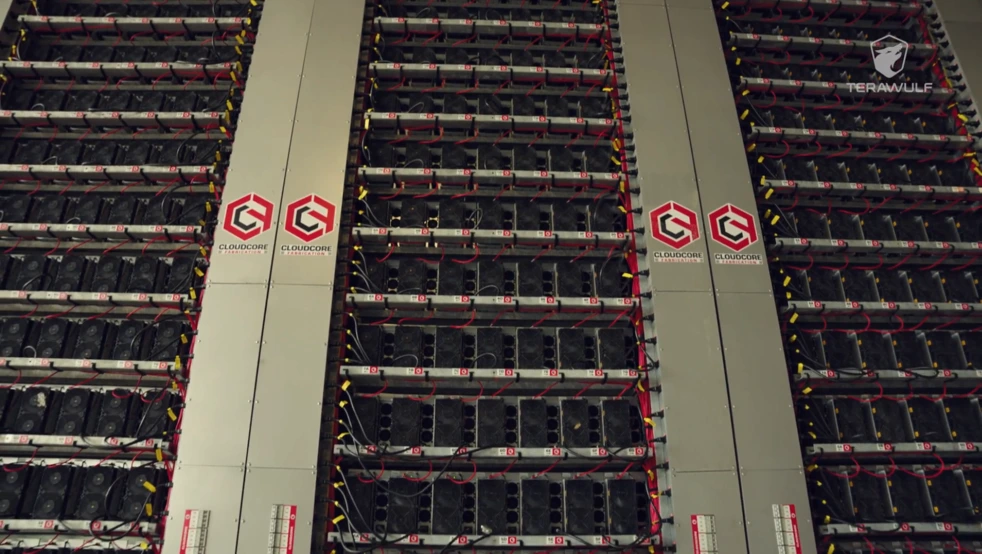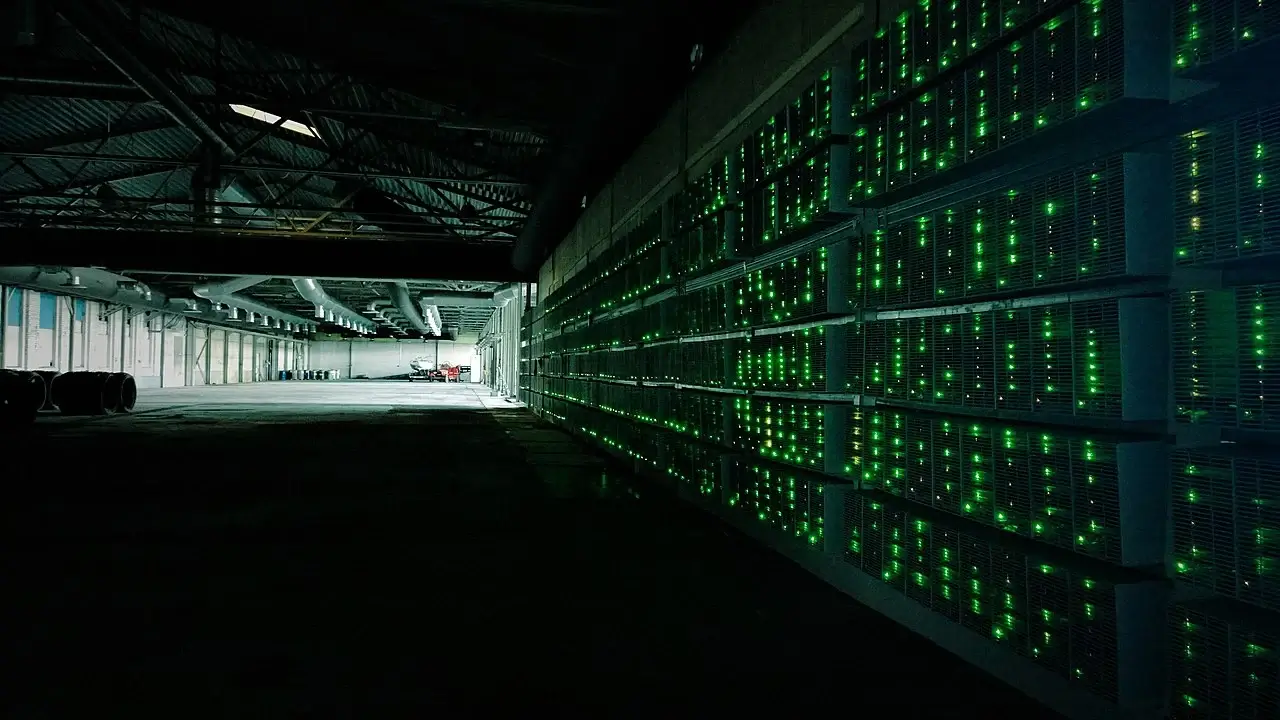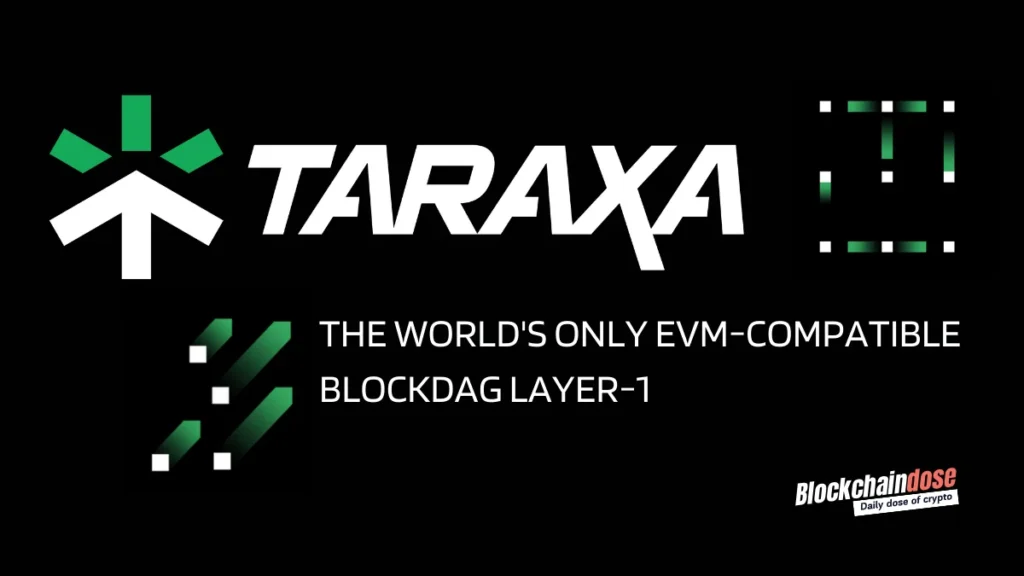Imagine a global treasure hunt where the prize is digital gold. That’s Bitcoin mining in a nutshell. But instead of shovels and pickaxes, miners use powerful computers to solve complex puzzles. Bitcoin is mined every single day. But what does that mean? Let’s break it down.
What is Bitcoin?
Bitcoin is digital money. Unlike dollars in your wallet, you can’t hold it, but you can use it to buy things online. Banks don’t control Bitcoin. Instead, a network of computers worldwide keeps it running.
Quick Facts About Bitcoin:
- This limit adds to Bitcoin’s unique value.
- As of 2024, over 19 million Bitcoins are in circulation.
- The total Bitcoin supply is limited to 21 million.
How Bitcoin Mining Works
Imagine Bitcoin mining as a global puzzle contest. Miners use high-powered computers to solve complex mathematical problems. The first one to crack the code earns new Bitcoins. It’s a race but with computers instead of runners.
Mining isn’t just about earning Bitcoin. Miners also play a vital role in keeping the network secure and verifying transactions. They ensure all records are accurate by adding new data to the Bitcoin ledger, known as the blockchain. This blockchain acts like a giant digital book, recording every transaction.
Miners are responsible for:
- Maintaining the network’s security.
- Verifying and recording transactions.
- Adding new pages to the blockchain with every solved puzzle.
Why Mining Matters
Bitcoin mining is more than a way to earn digital currency. It’s the backbone of the entire Bitcoin system. Without miners, the network couldn’t operate, as they:
- Create new Bitcoins.
- Secure the network.
- Process transactions.
- Prevent fraud and duplicate spending.
In short, mining keeps Bitcoin functioning and reliable.
Mining Tools and Technology
Mining requires specialized tools and a lot of electricity. At the heart of mining are ASIC machines, which are super-fast computers designed specifically for Bitcoin mining. They’re far more efficient at solving puzzles than regular computers.
Another essential component is mining pools. Mining can be competitive, so miners often join forces in pools, where they share their computing power and split the rewards. Think of it as joining a lottery pool: the odds of winning increase, but so do the number of people sharing the prize.

The Future of Bitcoin Mining
Bitcoin mining constantly evolves, facing new challenges and technological advances. Every four years, for instance, the reward for mining a block is halved, reducing the number of new Bitcoins entering circulation. This process, known as halving, ensures Bitcoin’s scarcity and helps maintain its value.
As more miners join, the puzzles get tougher to slow down Bitcoin production, which increases mining difficulty. In response, miners are always on the lookout for faster, more efficient methods to stay competitive.
Mining Changes Over Time
| Aspect | Current State | Future Changes |
|---|---|---|
| Reward | 6.25 BTC per block | Halves every 4 years |
| Difficulty | Increases over time | Adjusts based on miners |
| Technology | ASICs dominate | Possible new advancements |
Is Bitcoin Mining Profitable?
Mining can be profitable, but it depends on various factors. The cost of equipment, electricity expenses, Bitcoin’s current price, and competition all influence profitability. Sometimes miners may earn substantial profits, while at other times they might barely break even or even face losses. There is a plenty of huge mining companies in the world that have ASIC miners worth millions of dollars.
You can’t easily mine Bitcoin at home anymore. The competition has become too fierce. Individual miners with standard computers can’t compete against large mining operations. These operations use specialized hardware. The required equipment is powerful and expensive. It also generates excessive noise and heat. This makes mining impractical and disruptive in residential settings. Mining, much like running a business, involves financial risks.
How to Start Bitcoin Mining
If you’re interested in mining, getting started requires some essential tools. A powerful computer or ASIC machine is a must, as well as mining software and a Bitcoin wallet to store any earnings. Electricity costs also play a big role since mining consumes a lot of power.
Most beginners join mining pools, as solo mining is difficult without substantial resources. Pooling together increases the chances of earning Bitcoin, making it more feasible for individual miners.
Common Bitcoin Mining Problems
Mining can be challenging, with several issues that miners frequently face:
- Electricity Costs: Mining uses a lot of power, leading to high energy bills.
- Equipment Failures: Mining machines can overheat and break down under continuous use.
- Bitcoin Price Volatility: As Bitcoin’s price fluctuates, so does mining profitability.
- Rising Competition: More miners mean tougher competition, which impacts rewards.
Being prepared for these challenges is essential, as mining is no get-rich-quick scheme. It requires resilience and a willingness to adapt to changing circumstances.
Bitcoin Mining Around the World
Bitcoin mining isn’t universally embraced. Different countries have different rules and attitudes towards mining. The USA, particularly Texas, has become a major mining hub due to favorable policies and cheap electricity. China, once the global leader, has banned mining, leading many miners to relocate to countries like Kazakhstan and Iceland, which offer abundant renewable energy. Examples of the biggest Bitcoin mining companies: Foundry USA, Riot Blockchain, and Marathon Digital Holdings, all operating massive mining facilities in the United States.
Energy Use in Bitcoin Mining
Bitcoin mining consumes a significant amount of electricity, comparable to that of some small countries. This is mainly due to the complex problems that miners have to solve and the powerful machines that run around the clock.
The energy use of mining has sparked environmental concerns. However, many miners are now seeking cleaner energy sources, like solar and wind, to power their operations. This shift not only reduces the environmental impact but also helps lower electricity costs.
The Environmental Debate
The energy consumption of Bitcoin mining has fueled environmental debates. Critics argue that mining harms the planet, while supporters point out that:
- Many miners are using renewable energy.
- Mining could potentially drive green energy advancements.
- The traditional banking system also has a substantial environmental footprint.
As Bitcoin grows, this debate will likely continue, with miners exploring ways to minimize their impact.
Conclusion
Bitcoin mining is a cornerstone of how Bitcoin operates. Beyond creating new digital money, it secures the network and keeps everything running smoothly. As Bitcoin continues to evolve, mining will adapt and innovate, impacting not only technology and finance but also the environment. Whether you’re interested in tech, investing, or sustainability, understanding Bitcoin mining offers valuable insights into this transformative currency.




